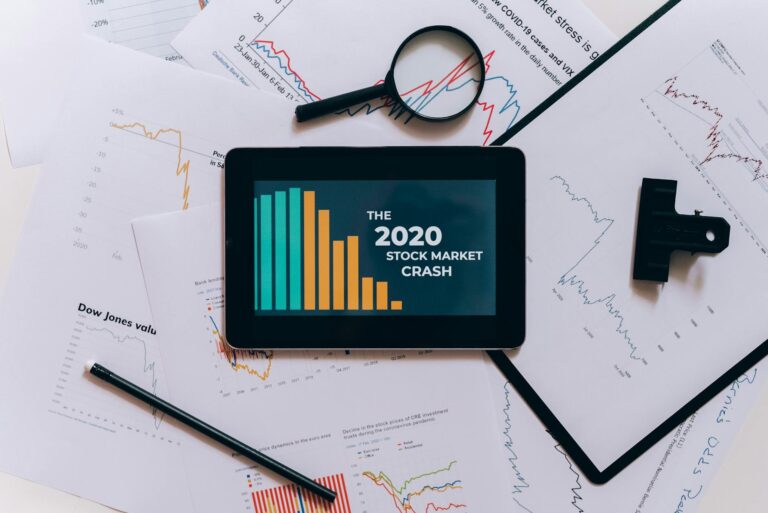In recent years, the use of digital health monitoring has become increasingly important in the prevention and management of dementia. This approach involves using advanced technologies to track health changes over time, allowing for early detection and intervention. Here’s how a consistent digital health monitoring routine is helping pave the way for dementia prevention.
### Early Detection with AI
Researchers at Mass General Brigham have developed an AI tool that can predict brain decline years before symptoms appear. This tool analyzes brain activity during sleep using EEG data, focusing on subtle changes in brainwave patterns. In a study involving women over 65, the AI tool successfully identified 85% of participants who developed cognitive impairment over a five-year period. This early detection capability offers a window of opportunity for lifestyle changes and interventions that may help preserve cognitive health.
### Lifestyle Interventions
Another significant approach is the use of online lifestyle interventions. The Maintain Your Brain project, led by the Centre for Healthy Brain Ageing at UNSW, is a prime example. This large-scale trial involved over 6,000 participants aged 55-77 and used personalized online modules to target modifiable risk factors for dementia. The modules focused on physical activity, nutrition, cognitive activity, and mental health. By tailoring these interventions to individual needs, the trial showed promising results in preventing cognitive decline.
### Digital Technologies in Health Care
Digital technologies, including AI, big data analytics, and telehealth, are playing a crucial role in supporting older adults and those with dementia. These technologies enable remote monitoring, interactive communication between patients and healthcare providers, and access to medical information. They also help reduce the need for in-person visits, which can be particularly beneficial for those with mobility issues or living in remote areas.
### Challenges and Future Directions
While digital health monitoring offers many benefits, there are challenges to consider. Technical barriers, privacy concerns, and accessibility issues can limit the adoption of these technologies among older adults. To overcome these challenges, it’s essential to develop user-friendly systems that are adaptable to different devices and ensure data security. Future research should focus on expanding these technologies to diverse populations and refining their effectiveness.
In summary, a consistent digital health monitoring routine is transforming the way we approach dementia prevention. By leveraging AI for early detection and implementing personalized lifestyle interventions, we can empower individuals to take proactive steps towards maintaining their cognitive health. As technology continues to evolve, it holds great promise for improving outcomes for those at risk of dementia.





